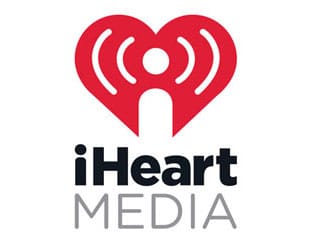As expected, the Senate Judiciary Committee sent the Performance Rights Act on its way to the Senate floor, requiring only a voice vote to overcome objections chiefly stated by John Cornyn (R-TX). Bill sponsor and Committee Chairman Patrick Leahy (D-VT) said that there was still work to be done on it, and suggested that the NAB join everybody else at the table.
Leahy acknowledged that airplay is a good thing, saying “Radio play surely has value to the artists – I accept that, everybody does.” But he still pushed the bill through. He also acknowledged the warnings of minority broadcast organizations, read into the record by Cornyn, but cited a lengthy list of non-broadcast minority organizations supporting PRA.
Arlen Specter (D-PA) provided one new development, announcing that he was going to initiate a Congressional Budget Office study that will try to determine once and for all the actual value of free radio airplay to the music industry.
Cornyn argued that the bill was likely to hit a broadcast industry already operating on shaky ground with a brand new bill that could easily hit $1B or more. He foresaw curtailed hiring and lay-offs, a loss of diversity across the dial as minority broadcasters are shoved out of business, along with a loss of music on the dial as stations migrate to spoken-word formats to escape the royalties.
He said he worried in particular about the marginally successful stations with annual earnings at the bottom of the top scale – he said they are already barely making it and many of them will not be able to handle the significant new expense.
He offered an amendment that would have kept airplay free, while the FCC maintained a database of artists who could opt out of allowing their music to be played over the airwaves, and another delaying implementation of the bill until the FCC could study the impact on dial diversity, but both were defeated in voice votes.
Amendments set up different tiers of stations on the low income end that would have the option to pay flat fees instead of per-song royalties. It also stipulated that PRA could in no way damage the income that songwriters already receive from broadcast royalties; it acknowledged ongoing efforts by Diane Feinstein (D-CA) to try to set up a royalty regime that was flat across all delivery platforms; and it stipulated that artists actually receive their compensation – in other words that it doesn’t stop at the recording company as Leahy noted it often seems to do.
RBR-TVBR observation: Leahy’s most telling commentary, to our ears, was this: He felt the need to add an amendment to make sure that payments actually get to artists rather than simply pooling up at the recording companies, strongly suggesting that he believes the recording companies cannot be trusted when dealing with their own meal ticket artists, just before praising their cooperation.
Of course these untrustworthy companies are cooperating with Leahy’s misguided effort to present them with a brand new revenue stream out of the clear blue sky.
And of course songwriters will be adversely impacted by PRA. As it chases music off the airwaves, how can they not lose income?
Share YOUR COMMENT below w/ all in the broadcasting media




